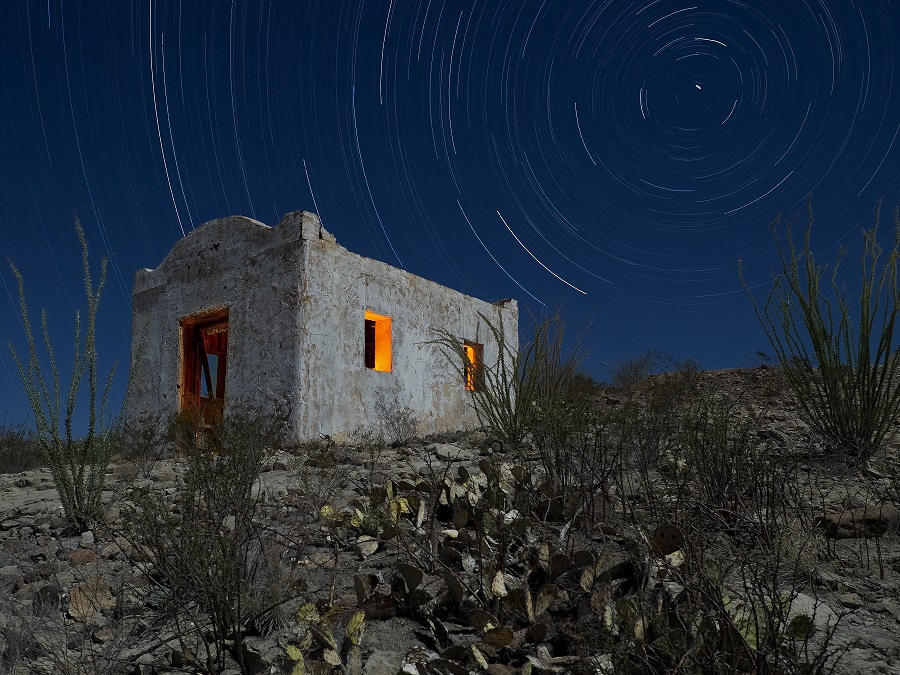Understanding the Value of Dark Skies
This is Passport to Texas
Few of us have ever experienced a truly dark sky.
A dark sky is what humanity saw for basically its entire history up until the invention of electric light a little more than a century ago.
While we may feel safer outdoors at night because artificial light illuminates our way, over time, it may actually do more harm than good, says John Barentine, with the International Dark Sky Assn.
We know that artificial light at night has a measurable impact on wildlife; we know that it has an impact on human health. Light governs the night and day cycles of all organisms, so when we put light into the environment when our bodies aren’t expecting it, there are inevitable results—some of which we are just beginning to learn – but turns out that it may be related (at least in humans) to incidents of some types of chronic disease.
Until the advent and widespread use of electric lighting, the sun, and to a lesser extent the moon, governed the cycle of day and night.
That set a rhythm among living things we’ve been disrupting ever since. And we’ll have more about that tomorrow.
For Texas Parks and Wildlife…I’m Cecilia Nasti.



 Passport to Texas is a
Passport to Texas is a  Passport to Texas is made available by:
Passport to Texas is made available by: